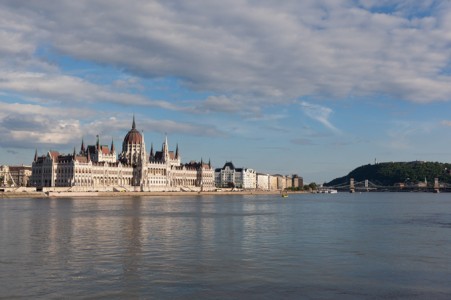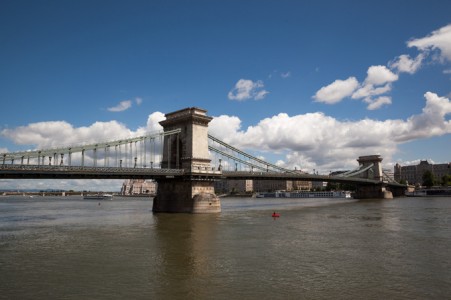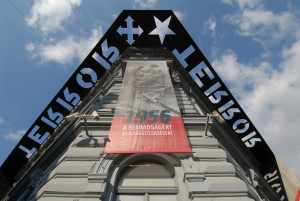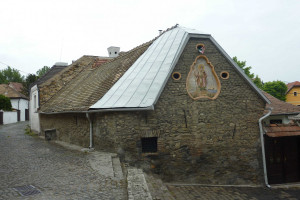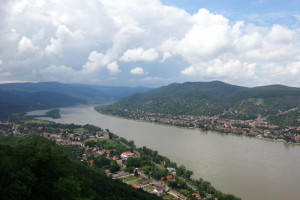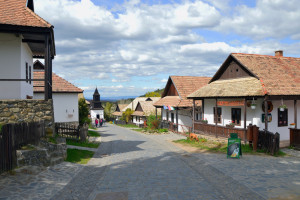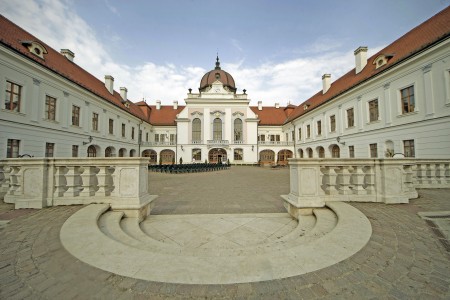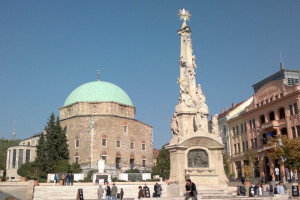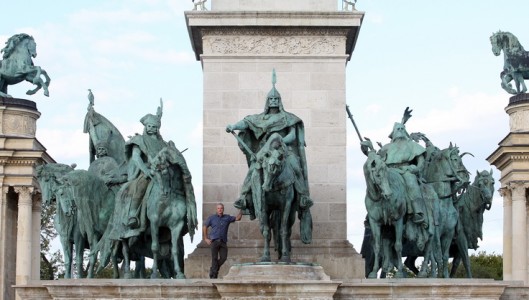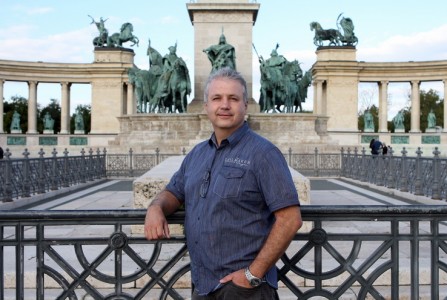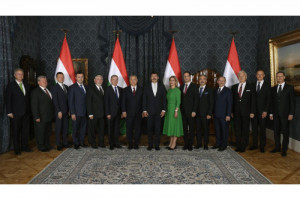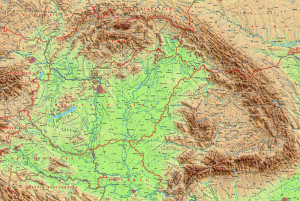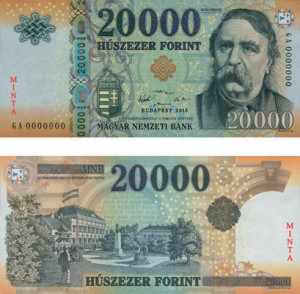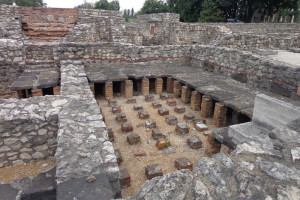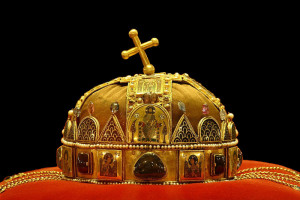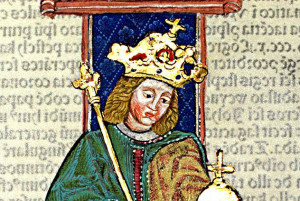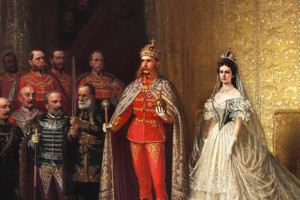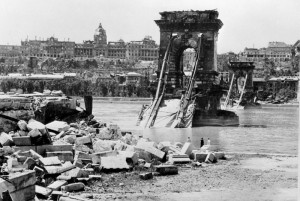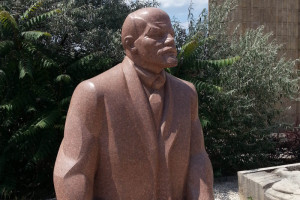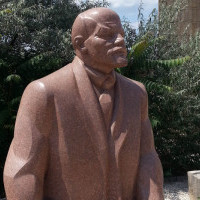Communist Era
ZoOm Hungary
A period of reconstruction followed the war. Hungary became a republic, democratic elections were held, and a coalition government was formed. The Hungarian Communist Party, however, supported by the occupying Soviet army and the KGB, did not accept the result of the democratic process.
The communists assumed power, introduced a reign of terror. The collectivization of agriculture, the forced development of heavy industry, the rigid central planning, ruined the economy in a few years.
As a result of the growing resistance of the Hungarian people, a revolution that broke out on October 23, 1956, toppled the regime headed by Matyas Rakosi. The government of Imre Nagy announced the beginning of a new, democratic era, and Hungary's withdrawal from the Warsaw Pact. The revolution seemed triumphant: the Soviet troops withdrew and peace returned to the country. On November 4th, however, the Soviet army invaded the country in overwhelming numbers and while Prime Minister Nagy applied in vain for the help of the UN, they crushed the uprising. Thousands were arrested, deported or executed. Imre Nagy and other leaders of the revolution applied for asylum at the Yugoslav embassy in Budapest, but they were deported to Romania, later brought back to Hungary, and after a show trial, executed in 1958.
The Kadar Regime
After a period of bloody oppression, the regime of Janos Kadar tried to introduce a kind of ‘goulash communism’: the living standard of the population was slightly improved, and travel to the West was allowed within limits. By introducing the slogan ‘Who is not against us is with us,’ Kadar tried to pacify public opinion hostile towards the regime. The system of ‘socialist planning’, however, even as modified by the ‘reform of the economic management’ introduced in 1968, did not work and the economy could be kept going only by amassing foreign depts. The growing inflation, the lowering of the living standard, the hopeless economic situation of the country, aroused growing opposition, even within Communist Party ranks. In 1988 Janos Kadar was forced to retire and after a transitory period, the reform-communist government of Miklós Nemeth took over.
